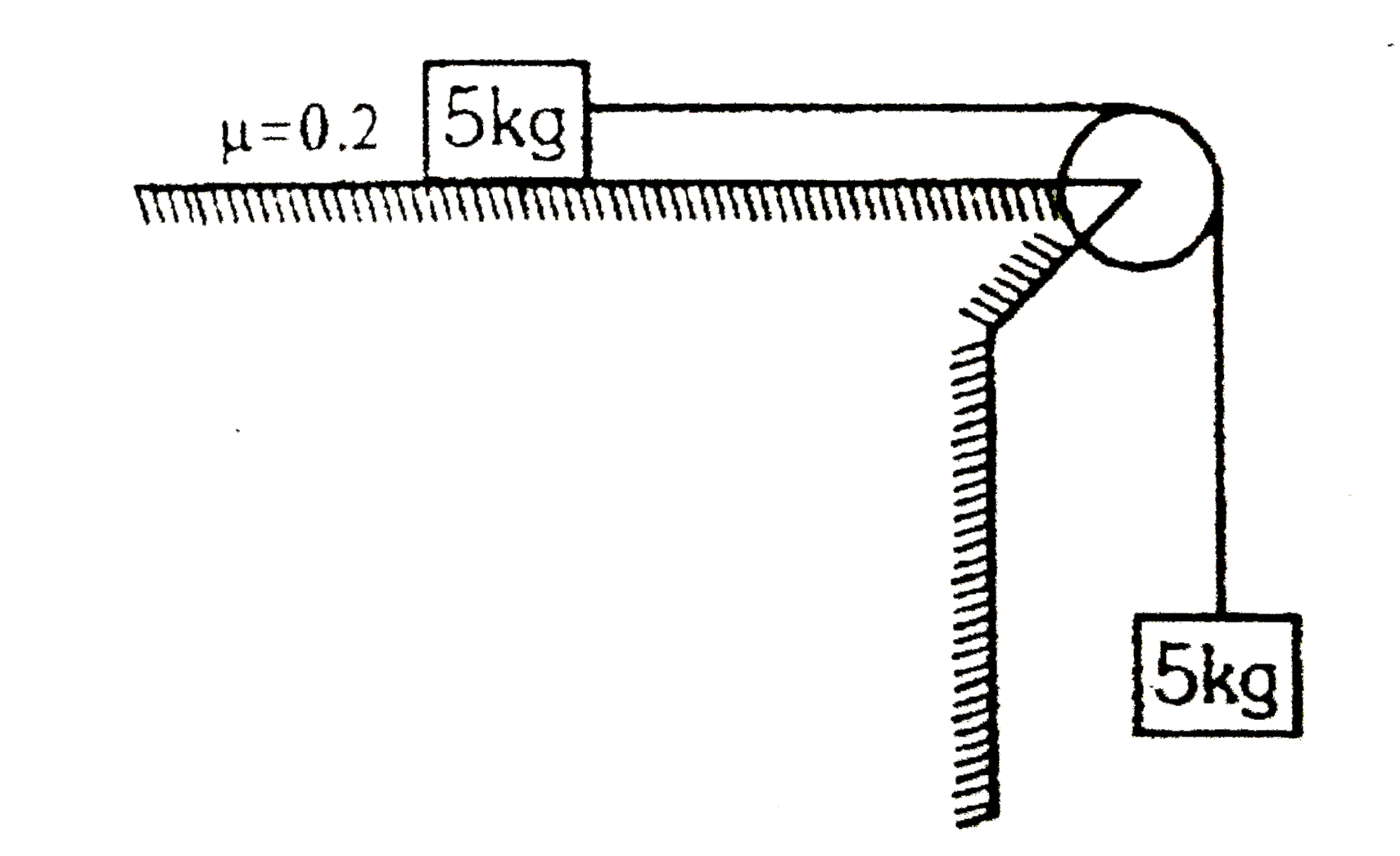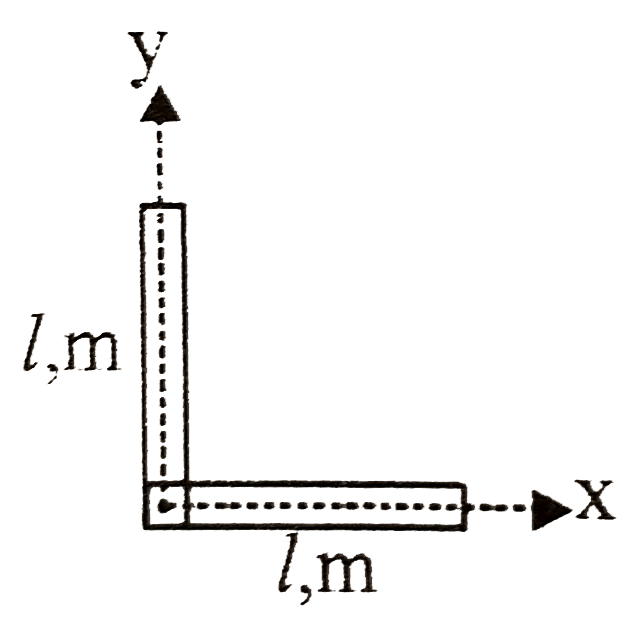To determine the motion of the centre of mass of a system, knowledge of internal forces of the system is required.
For this purpose we need not to know the external forces on the system.
A
If both assertion and reason are true and reason is the correct explanation of assertion.
B
If both assertion and reason are true but reason is not the correct explanation of assertion
C
If assertion is true but reason is false.
D
If both assertion and reason are false.
Video Solution
Text Solution
The correct Answer is:D
To determine the motion of the centre of mass of a system, no knowledge of internal forces of the system is required. For this purpose, we need to know only the external forces on the system.
|
Topper's Solved these Questions
- SYSTEM OF PARTICLES AND ROTATIONAL MOTIONSBook:NCERT FINGERTIPSChapter:SYSTEM OF PARTICLES AND ROTATIONAL MOTIONSExercise:NCERT Exemplar
Explore 8 Videos
- PRACTICE PAPERSBook:NCERT FINGERTIPSChapter:PRACTICE PAPERSExercise:Practice Paper 3
Explore 50 Videos
- THERMAL PROPERTIES OF MATTERBook:NCERT FINGERTIPSChapter:THERMAL PROPERTIES OF MATTERExercise:Assertion And Reason
Explore 10 Videos
Similar Questions
Knowledge Check
If no external force acts on a system
A(a) velocity of centre of mass remains constantB(b) position of centre of mass remains constantC(c) acceleration of centre of mass remains non-zero and constantD(d) All of the aboveIf net external force acting on the system is zero then
AVelocity of the individual particle of the system will remain constantBVelocity of the center of mass of the system will remain constantCVelocity of the center of mass of the system will be zeroDVelocity of the individual particle of the system will be zeroThe motion of the centre of mass of a system of two particles is unaffected by their internal forces.
Airrespective of the actual direction of the internal forces.Bonly if they are along the line joining the particlesConly if they are at right angles to the joining the particlesDonly if they are obliquely inclined to the line joining the particle.
Acceleration Of Centre Of Mass Of System
View SolutionFind the position of the centre of a system of parallel forces applied to a rigid body.
View SolutionVelocity Of Centre Of Mass Of System
View SolutionThe magnitude of acceleration of centre of mass of the system is

View SolutionIn net force on a system is zero then
View Solution

